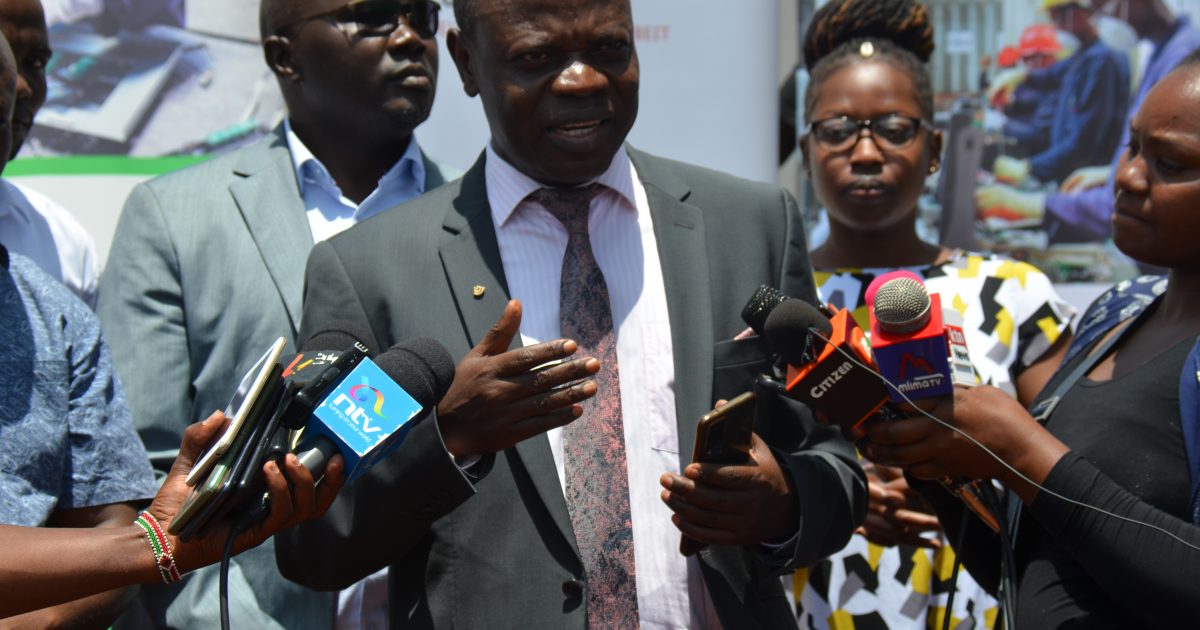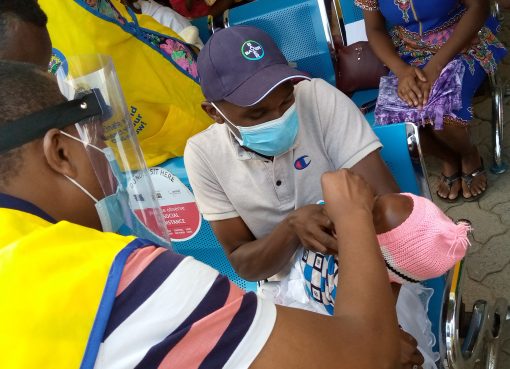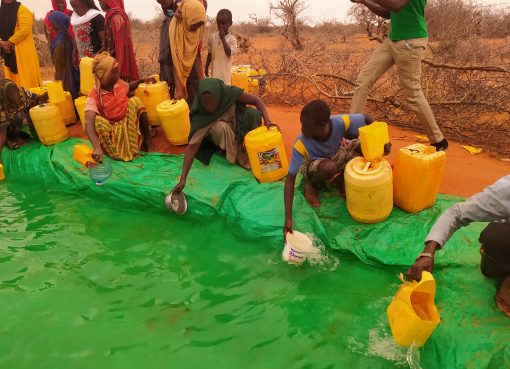Meru University of Science and Technology (MUST) has launched an E-waste management project to boost environmental conservation by getting rid of the enormous electronic waste in the country.
Speaking during the launch, MUST Vice Chancellor Prof Romanus Odhiambo said the project aims to raise public awareness and engage stakeholders on e-waste and recycling, train as many people as possible, expand the faculty’s processing capacity including research as well as create jobs.
He said the institution has already trained 175 technicians who will be graduating in June and who will thereafter go extending the expertise to the villages and eventually the entire country.
Odhiambo said the graduates will double up as agents for the University’s collection centre as it continues to scale up the project.
“According to the global e-waste monitor report of 2020, 53.6 million metric tonnes of e-waste were produced each year and if left unchecked this could double to 120 million tonnes by 2050. Globally, only 17.4 percent of e-waste is managed appropriately,” said Odhiambo adding that e-waste is expected to increase from 5 percent to 8 percent due to increased use of ICT equipment globally.
“We are the first University in the country to come up with a model where resources are used and recovered rather than disposed of at the end of life,” said Odhiambo.
He said the university will strive to practice a circular economy whose intention is to produce no waste and instead, products, parts, and materials are used, cared for, repaired reused, and recycled as much as possible in an environmentally friendly manner.
“This is intended to be the preferred alternative to the dominant economic development that contributes to a lot of disposed off e-waste,” said Odhiambo. The project has been funded by the Germany Development Corporation working closely with the European Union and other private partners in e-waste management.
“In the meantime, we are looking forward to working together with partners to establish a mini-recycling centre that will act as a teaching factory cum income generation centre that will help in the circular economy for youth job creation,” said Odhiambo.
In addition to the e-waste management project, MUST has also established a fully functional sanitation research institute that looks at circular research on organic waste.
It is currently taking food, and human waste and trying to see how it can create wealth from them.
“We plan to upscale the current technician courses to bachelors, masters, and probably PHDs where we plan to do research about the problematic e-waste fractions that are difficult to recycle and come up with noble ways of recycling to reduce the cost in order to achieve more impact by research and recycling more tonnes of e-waste at minimal cost,” said Odhiambo.
He appealed to partners to join hands with the institution adding that they have all that it takes as a university to upscale the project to urban mining which is the process of recovering rare materials in electronic waste.
Some of the precious metals in e-waste include but are not limited to gold, silver, copper, platinum, and palladium, and also contain valuable bulky materials such as iron and aluminium along with plastics that can be recycled.
By Dickson Mwiti





